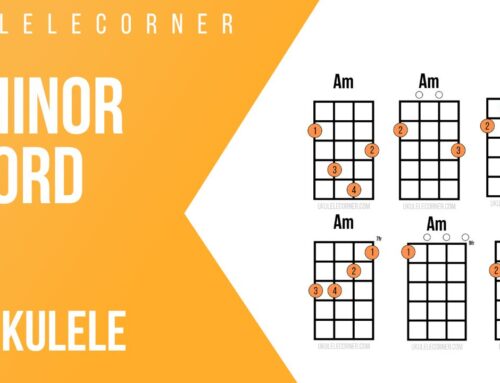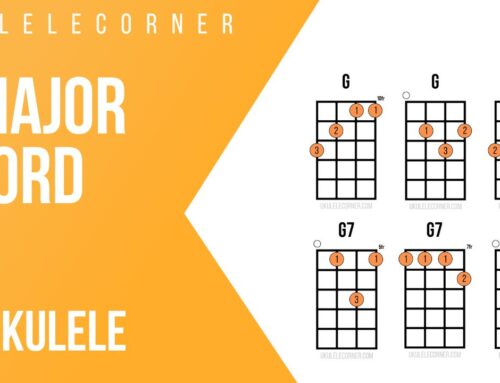Humidity and Your Ukulele
As winter approaches in the Northern hemisphere, it is important to keep your ukulele well humidified. During the winter months the air dries out as it gets colder. We also tend to use heating in our homes, which dries out the air even more. When your ukulele doesn’t have enough humidity, it can easily get damaged. Damage can show up as fret ends sticking out or even cracks in the top of your instrument. But not to worry. We’ll walk you through how to keep your ukulele well humidified so you can keep playing!
Knowledge is Power
First off, not every ukulele is made equal. Different ukuleles made in different places and with different build techniques affect how much you need to humidify. So you’ll need to know some details about your instrument to know how best to care for it. Here’s a short checklist:
- Where was your ukulele made?
- Is your ukulele made of solid woods or laminate? (And, yes, it can be a mix.)
- What’s the humidity like in your ukulele’s current environment?
All of these are really important as each one will help you determine what kind of humidification your instrument might need. If your instrument was made in a very humid environment, for example, it will be healthiest when it maintains a similar humidity level. That means if you live in a low humid environment, you’ll need to use extra humidification to keep your ukulele healthy.
You can purchase a digital hygrometer to measure the RH% (or relative humidity) in your home. There are many available, but here’s a great one from D’Addario.
Solid woods are also more affected by changes in humidity than laminate, and so knowing the build of your instrument will help you know how important humidification is. However, even a laminate ukulele can show signs of humidity damage. We’ll talk about those effects below.
Low Humidity Damage Signs
You need to know what signs to look out for in case your ukulele isn’t getting enough humidity.
Fret ends sticking out
Usually the first and most common sign of low humidity damage is the fret ends feel sharp. This happens when the wood of the fingerboard actually shrinks and exposes the ends of the frets. While a qualified luthier can shave off the fret ends to make them even with the fingerboard again, the wood cannot be grown back!
Cracks
Another common sign of low humidity damage is cracks, which can show up anywhere on the instrument. However, cracks to the top or soundboard can affect the sound and it’s important to fix these quickly.
But, don’t worry, we can easily prevent low humidity damage.
Excess Humidity
It is also possible that you can overdo it, overhumidifying your instrument, and this can also damage the instrument. For example, you should avoid putting the ukulele in the bathroom while you shower with the door closed to try to humidify it. Too much humidity can rust the frets and can even cause glue joints to loosen. Not good! Again, it’s vitally important to know where your instrument was built and how much humidity it really needs. You need to be just as careful about overhumidifying as underhumidifying.
Again, this kind of damage is easily preventable.
Good Humidifiers
So what are the best solutions to keep your ukulele healthy and properly humidified?
In-case Humidifier
The best solution is to place a humidifier in your ukulele case. You want a case that seals well so you can control the humidity better. A great in-case solution is a two-way humidification system, such as that by D’Addario. These will apply humidity when the instrument is too low, and take humidity away when it is too high. In fact, they are made to maintain a relative humidity level between 40 and 60%. And therefore this system takes away the guessing work and, well, just works, no matter the environment or where your ukulele was made.
Room Humidifier
If you prefer to keep your ukulele out of the case but your house’s humidity can get below 40% RH, then you should consider a large room humidifier. These need to be filled with water at regular intervals and use fans that spread the air in a mist into your room. You will want to avoid the little misters made for clearing your nasal passages — they simply aren’t powerful enough. You’ll need a larger room humidifier specifically.
***
We hope this helps you get your ukulele properly humidified so you can keep your instrument nice and healthy, no matter the weather.
At our sister site, Classical Guitar Corner, you can read a blog there with some great tips and info from classical guitar luthier Gary Lee. Many of those same tips will apply to your ukulele.




Things you just don’t think about when starting off with a wood instrument! Thank you for the helpful tips.